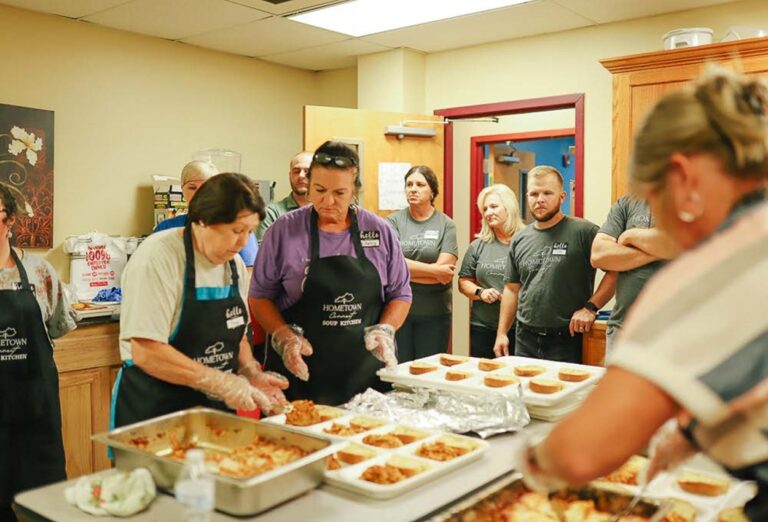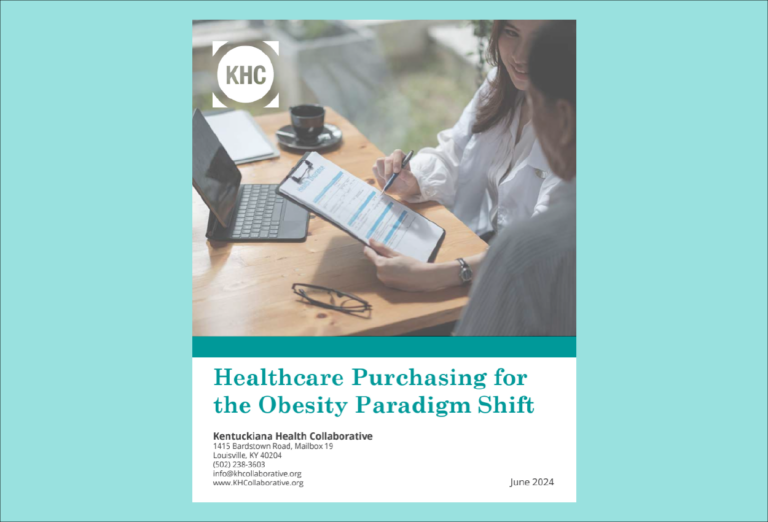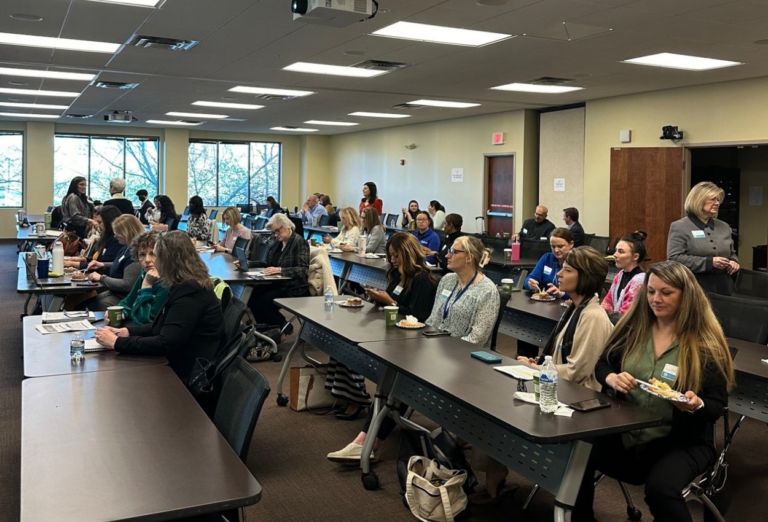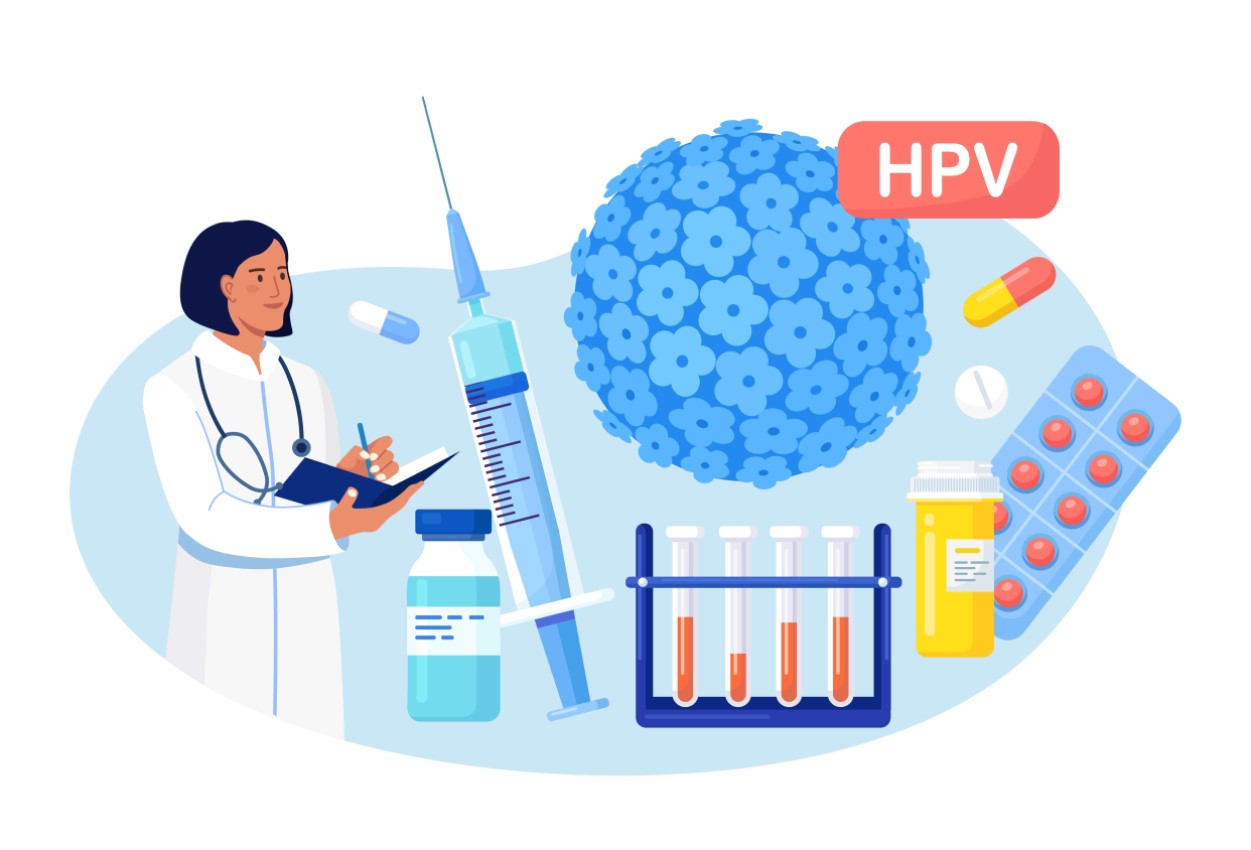From November 2019 to April 2020, the Kentuckiana Health Collaborative convened a group of 22 employers to collaborate and take a deep dive into how they can support their employees and business in the prevention, treatment, and recovery from opioid misuse and disorder, and the diagnosis, treatment, and management of acute and chronic pain. A series of in-person and virtual meetings brought in experts and facilitated dialogue to help employers learn from one another on how to optimize their healthcare benefits, data analytics, and workplace policies to accomplish this goal.
Now, it has been approximately eight months since this series concluded. During this time, we have experienced paradigm shifting and life changing events: a pandemic, racial justice movement, economic hardship, devastation from climate change, and more. Considering these challenges and changes, preliminary data shows that people are increasingly struggling with their mental health and increasing their substance use. Advancing access to and the quality of mental health and substance use services is as important as ever.
On November 17, the employer cohort reconvened to discuss their progress, challenges, and future goals. The meeting was kicked off with presentations from Sara Marcus, Director at the Greyston Center for Open Hiring, and Dr. Brittney Allen, State Opioid Coordinator and Deputy Project Director at the Kentucky Opioid Response Effort (KORE).
Sara Marcus spoke with the group about the Open Hiring Model that Greyston, a nonprofit social justice enterprise located in Yonkers, NY, has implemented and the impact that it has had on business and the community. Greyston is working to create job opportunities and provide services to enable self-sufficiency through this Open Hiring business model. Their commercial operation, Greyston Bakery, employs individuals who likely would have been screened out with traditional hiring practice. This model provides employment and no-cost development programs that ultimately better their community and meet their combined social, environmental, and financial goals.
Dr. Brittney Allen’s presentation focused on the historical and current trends that our state is seeing around mental health and substance use and gave context to what is driving them. A key finding has been the increase in overdoses, overdose deaths, and problematic substance use. Prior to 2020, strides had been made in reducing overdose deaths and expanding prevention, treatment, and recovery services for people facing substance use disorders in Kentucky. Employers had been very involved in these improvements. However, the events of 2020 have significantly impacted people’s mental health, accessibility to needed healthcare services, and ability to have their basic needs met. As we continue to navigate the negative effects of the pandemic on mental health and substance use, employers will need to be engaged in supporting their employees more than ever.
Dr. Allen highlighted one way for employers to do so: participate in the Voluntary Employer Substance Use Program (VESUP) and part of Senate Bill 191. The Cabinet for Health and Family Services in Partnership with the Office of Drug Control Policy is working to implement SB 191in order to foster economic opportunity for people with substance use disorders and encourage employers to participate in substance use disorder treatment programs. The KHC is developing a training program for employers who are looking to participate in this program. In this discussion, employers learned what participation in this program entails and how doing so can positively impact not only their business, but their community. It is slated to be released in the Summer of 2021.
The meeting wrapped up with a round robin that allowed employers to share what changes and challenges they have encountered in supporting their employees impacted by mental health and substance se during this time. Employers considered questions such as: Has your organization made does it plan to make any updates to their culture, education, workplace policies, and/or health benefits? How you have used data to inform these updates? How the events of 2020 have impacted your workplace and workforce perspective on mental health and substance use? What challenges persist in making a meaningful and measurable impact? This conversation highlighted employers’ recognition of the increasing need for mental health support and their commitment to maintaining and expanding services for their employees. Topics such as telehealth expansion, shifting addiction treatment regulations, updating hiring practices, and decreasing stigma were all highlights of the conversation.
Although no future cohort meetings are scheduled, the KHC is committed to continue serving as a resource for participating employers and facilitate collaboration. For more information on the this group and related resources, click here.






